Vertigo is more than just dizziness; it’s a sensation of spinning or feeling off-balance, often accompanied by nausea, vomiting, and difficulty walking. Understanding vertigo’s causes, symptoms, and treatments, including homeopathic remedies, can significantly improve the quality of life for those affected.
Causes of Vertigo
- Benign Paroxysmal Positional Vertigo (BPPV): The most common cause, BPPV occurs when tiny calcium particles clump up in the inner ear canals.
- Meniere’s Disease: An inner ear disorder that causes episodes of vertigo, ringing in the ears (tinnitus), and hearing loss.
- Vestibular Neuritis or Labyrinthitis: Inner ear infections usually related to a viral infection, causing inflammation around the nerves.
- Migraine: Some people experience vertigo as a symptom of migraines.
- Head or Neck Injury: Trauma can affect the vestibular system, causing vertigo.
- Medications: Certain medications can cause vertigo as a side effect.
- Stroke: Vertigo can sometimes be a symptom of a stroke, especially when accompanied by other stroke symptoms.
- Other Conditions: Conditions like multiple sclerosis or acoustic neuroma can also cause vertigo.
Symptoms of Vertigo
- Spinning sensation
- Feeling unbalanced or pulled to one direction
- Nausea or vomiting
- Abnormal eye movements (nystagmus)
- Headache
- Sweating
- Ringing in the ears or hearing loss
Conventional Treatments for Vertigo
- Vestibular Rehabilitation: Physical therapy aimed at strengthening the vestibular system.
- Canalith Repositioning Maneuvers: Specific head and body movements to treat BPPV.
- Medications: Antihistamines, anticholinergics, or benzodiazepines can reduce symptoms.
- Surgery: In severe cases, surgical intervention may be necessary.
Homeopathic Remedies for Vertigo
Homeopathy offers natural alternatives to conventional treatments, focusing on individualized care. Here are 20 homeopathic remedies commonly used to treat vertigo:
Petroleum: For vertigo worse from riding in a car or boat
Conium: For vertigo associated with turning the head or looking around.
Gelsemium: For vertigo with a sensation of falling, often with double vision.
Bryonia: When vertigo is aggravated by any motion and accompanied by nausea.
Cocculus: For vertigo with nausea and vomiting, worse from motion.
Phosphorus: For vertigo from rising up or looking up.
Belladonna: Sudden onset of vertigo with heat and redness in the face.
Nux Vomica: Vertigo due to overeating or excessive alcohol consumption.
Pulsatilla: For vertigo that occurs after eating, with indigestion.
Tabacum: Severe vertigo with nausea and cold sweat, worse from tobacco smoke.
Lachesis: For vertigo upon waking up, especially if it’s left-sided.
Argentum Nitricum: For vertigo with fear of heights or crowds.
Silicea: For vertigo aggravated by looking up or down.
Theridion: Vertigo triggered by noise or motion, with nausea.
Ferrum Met: For vertigo with paleness and weakness, worse with sudden movements.
Calcarea Carbonica: Vertigo upon exertion or climbing stairs.
China Officinalis: For vertigo from loss of fluids or anemia.
Iodum: For vertigo with great weakness, improved by eating.
Sepia: For vertigo with a feeling of emptiness in the stomach.
Sulphur: For vertigo when standing, relieved by lying down.



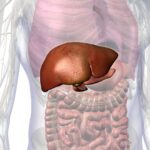


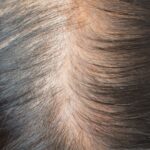











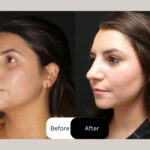




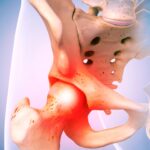
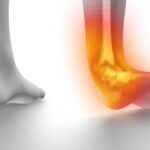



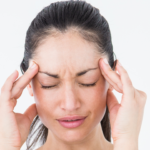




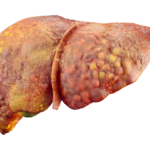
























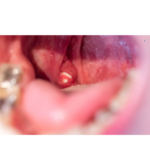







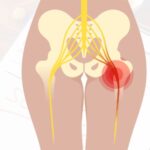

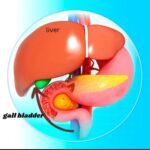
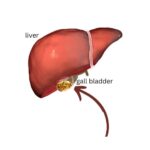











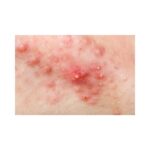
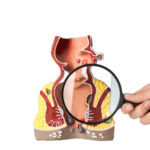







Waooo great knowledge for people
I’ve been absent for some time, but now I remember why I used to love this site. Thank you, I’ll try and check back more often. How frequently you update your website?